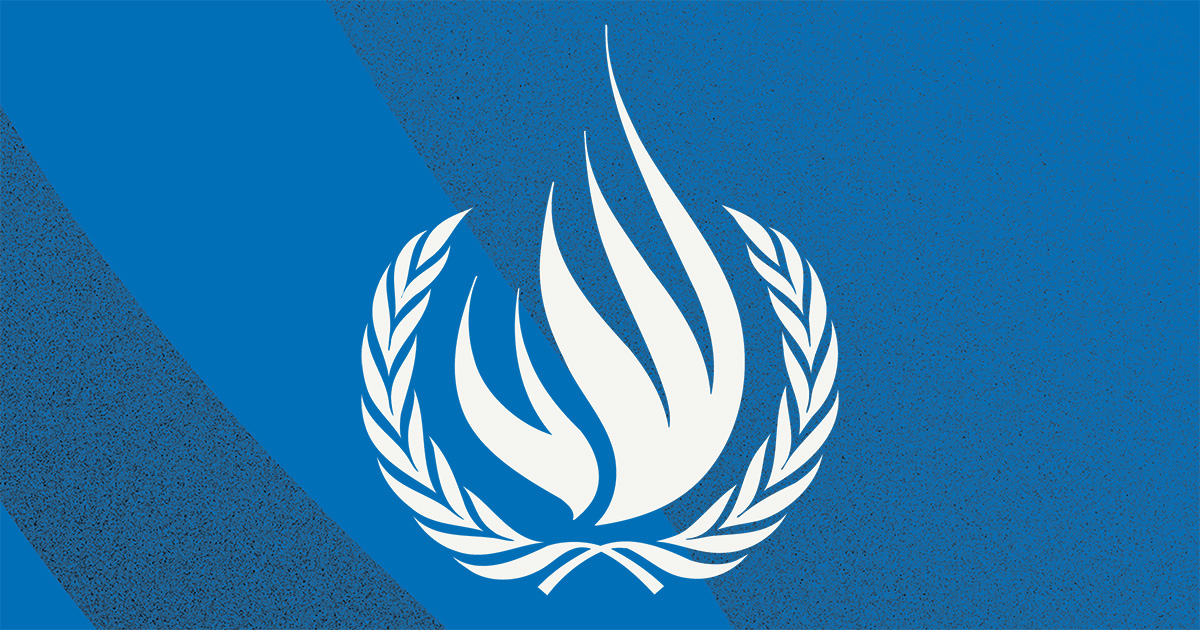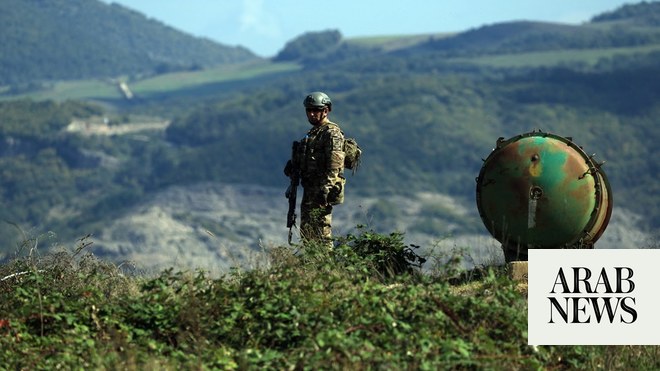
GENEVA (11 November 2020) – UN human rights experts* noted the agreement reached on 9 November to put an end to hostilities in the Nagorno-Karabakh conflict, and hope that it will lead to sustained peace in the region. They are nonetheless concerned by the use of mercenaries in and around the conflict zone until this agreement was reached, and expressed alarm at the devastating consequences for the civilian population, with little prospects of accountability.
The UN Working Group on the use of mercenaries said there were widespread reports that the Government of Azerbaijan, with Turkey’s assistance, relied on Syrian fighters to shore-up and sustain its military operations in the Nagorno-Karabakh conflict zone, including on the frontline. The fighters appeared to be motivated primarily by private gain, given the dire economic situation in the Syrian Arab Republic, the UN experts said. In case of death, their relatives were reportedly promised financial compensation and Turkish nationality.
The way in which these individuals were recruited, transported and used in and around the Nagorno-Karabakh conflict zone appeared consistent with the definition of a mercenary, as set out by relevant international legal instruments, including the International Convention against the Recruitment, Use, Financing and Training of Mercenaries, to which Azerbaijan is a party, said Chris Kwaja, who chairs the Working Group.
Moreover, reports indicate that Turkey engaged in large-scale recruitment and transfer of Syrian men to Azerbaijan through armed factions, some of which are affiliated with the Syrian National Army. “The alleged role of Turkey is all the more concerning given the similar allegations addressed earlier this year by the Working Group in relation its role in recruiting, deploying and financing such fighters to take part in the conflict in Libya,” Kwaja added.
The Working Group also received reports indicating that Armenia has been involved in the deployment of foreign nationals to fight in the Nagorno-Karabakh conflict. The experts are looking into these reports to ascertain possible links to mercenary-related activities, such as the context in which these actors operate and their possible motivations. The Working Group will continue to monitor any use of mercenary-related actors by the sides.
Since the resumption of hostilities on 27 September 2020 and up to the latest ceasefire, the Working Group has been increasingly concerned about repeated reports of deliberate and indiscriminate attacks in populated areas in and around the Nagorno-Karabakh conflict zone, as well as other areas away from the fighting, which has led to a mounting number of civilian casualties, including children. Considerable damage to civilian property and infrastructure, including schools and hospitals, has also been widely reported; as well as incidents involving journalists.
“In this context, it is even more worrisome that the Syrian fighters deployed to Azerbaijan are allegedly affiliated with armed groups and individuals that, in some cases, have been accused of war crimes and serious human rights abuses during the conflict in Syria, thus seemingly perpetuating a cycle of impunity and risking further abuses of international law,” they added.
“We call strongly on the sides, and the States supporting them, to immediately withdraw any mercenaries and related actors and not to engage in further recruitment, funding and deployment,” the experts said.
The experts have also conveyed their concerns about the above allegations directly to the Governments of Azerbaijan and Turkey, and informed the Syrian Arab Republic.
ENDS












